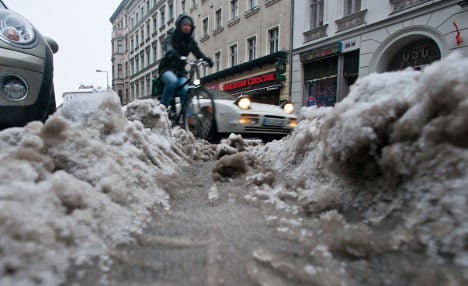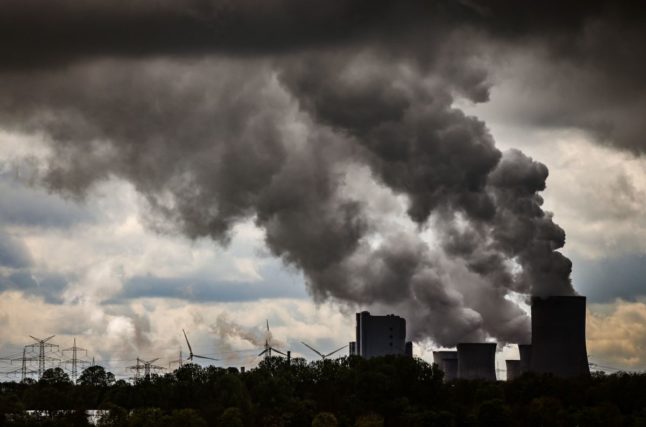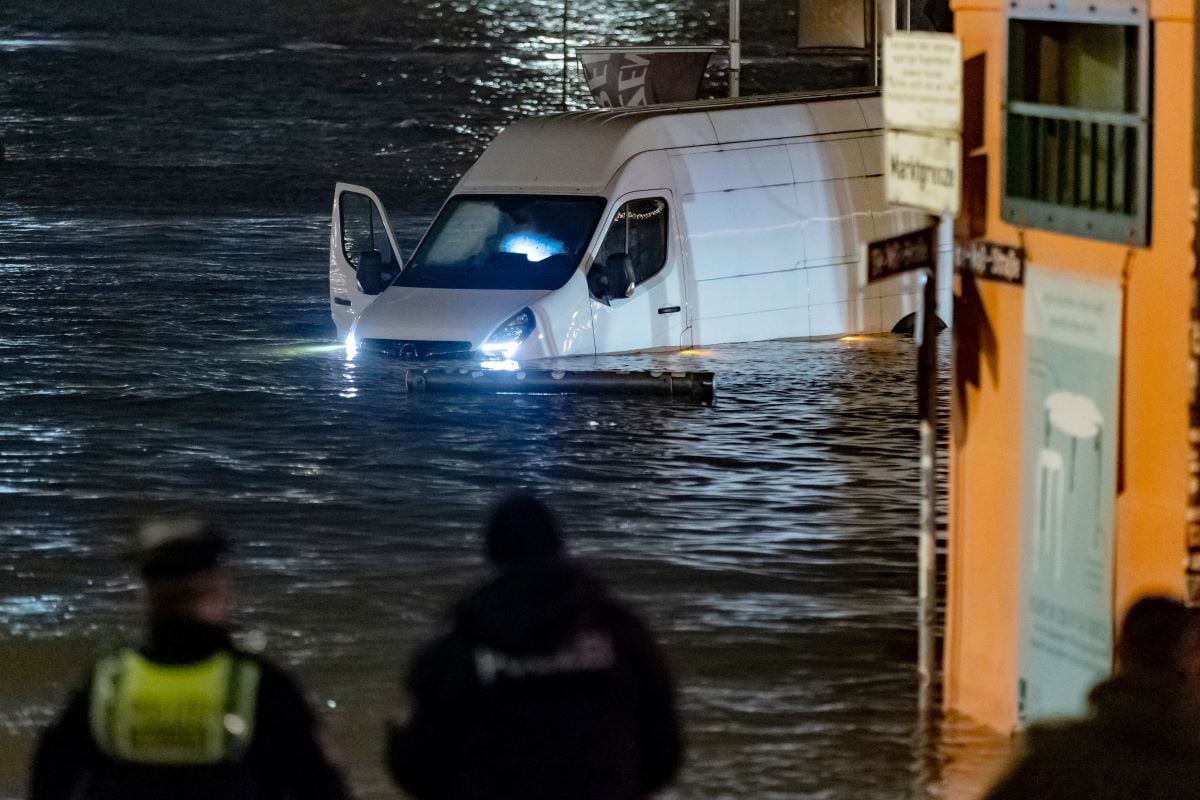Half of Germany has been waking up this week to the sound of scraping and brushing as landlords and house-owners arise before dawn to clear the pavements of snow.
Poorly cleared snowy pavements often lead to accidents – and a hefty bill for compensation for the house owner, whose legal duty it is to clear a walkway – but charges are rare, the Süddeutsche Zeitung said on Tuesday.
Click here to see more pictures of the weekend’s snowfall
Yet the 32-year-old man was in court in Augsburg on Monday facing charges of causing injury by negligence after a woman fell over outside his house and suffered strained ligaments.
The 44-year-old woman not only sued for compensation, but also filed a criminal charge, which was taken up by the state prosecutor, who demanded he be fined a fine of 25 days’ income.
The man told the court his grandmother had cleared the snow that morning – but the woman said there was ice on the pavement which had caused her fall. The court dismissed the case and the man was acquitted.
Most towns and local councils require house-owners to clear the snow next to their property, and have rules about pavements being cleared before 7 am, and keeping them clear until 8 pm.
Click here for The Local’s weather forecast
A brief interlude of above-freezing for much of the country on Monday, followed by freezing temperatures during the night left many areas with treacherous conditions for cars and people. The German Weather Service (DWD) forecast double-digit minus temperatures by the middle of the week.
The Local/hc




 Please whitelist us to continue reading.
Please whitelist us to continue reading.
Member comments